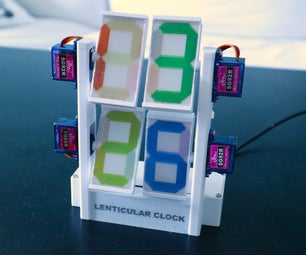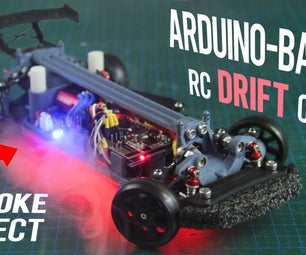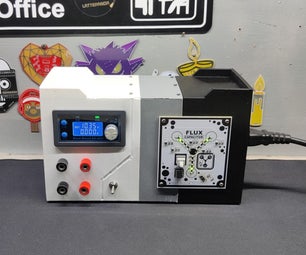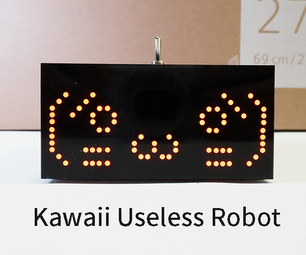Introduction: Windows 7 - Steps to Improve Your PC Performance
Your computer is probably not as running as fast as it used to. Our PCs fill up with all kinds of files -- documents, music, videos, games,but also viruses and spyware. Over time, PCs get overloaded and can slow down heavily. This guide provide easy steps to maintaining your PC to increase its lifespan. Occasional maintenance can save you big bucks from buying a new computer. Remember, this guide does NOT fix your computer, but improve it so that it lasts longer.
Before we start, it is highly recommended that you first know the rating of your performance. This can be done easily by:
1. Opening Control Panel, then clicking on Performance Information and Tools.
2. The window that pops up should contain 5 categories and 5 scores. The subscore is on a scale from 1.0 to 7.9. The higher it is, the better the condition of your PC
Step 1: Checking Your Hard Disk for Errors
This process identifies and removes hard disc errors caused by crashes and power failures. Do this every few months to make sure the drive itself is functioning properly.
1. Click the Start button, then click on Computer
2. Right-click your primary disk drive that you want to check, then click Properties
3. Under the Tools tab, click the Check Now button.
4. Check all boxes, then click Start. This may take several minutes. I recommend not using your computer for any other tasks while checking for errors.
Step 2: Disk Cleanup
This process removes temporary files stored into your hard drive, freeing up space. While browsing through the Internet, your computer collects temporary files to help site load faster. I recommend do this process every month.
1. Click on Computer
2. Right click on designated drive and choose Properties
3. Click on Disk Cleanup, under the General tab
Step 3: Defragging Your Hard Drive
The Disk Defragmenter helps improve the performance and speed of your hard drive by piecing together files that have broken apart. The more full your hard drive is, the more likely your files have been fragmented making it harder to find all of the contents of files. I recommend doing this every month and while you are done using the computer as this process can take over an hour.
1. Click on Computer
2. Right click on designated drive and choose Properties
3. Click on the Defragment Now button, under the Tools tab
Step 4: Fast, Long-Lasting Computer!
Hopefully this guide helped. These processes usually improve computer performances and speed as it gets rid of all of the unnecessary file. The end result should be comparable to a new computer. Remember to regularly do maintenance on the computer and follow the guidelines so the computer keeps in shape. Enjoy your well performing computer!







